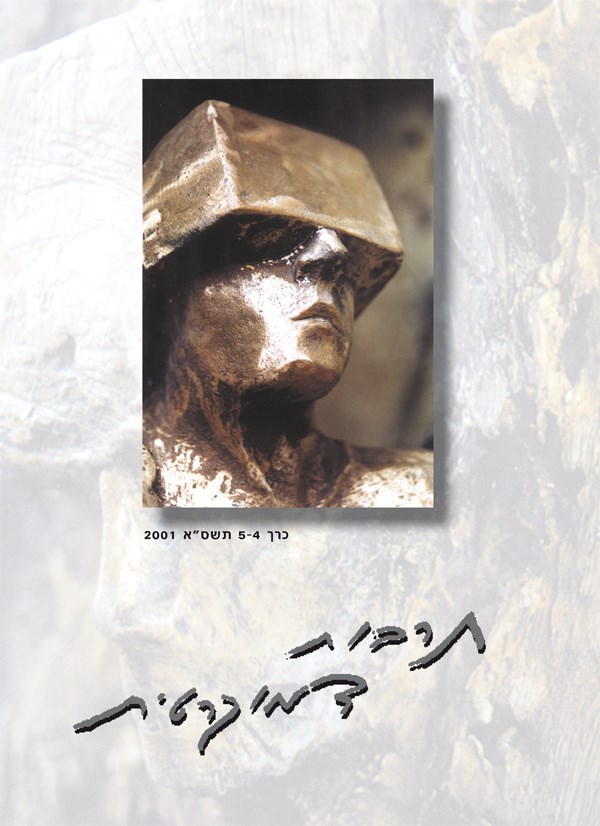Democratic Culture, Volume 4-5: Army and Society in Israel
- Edited By: Prof. Yedidia Z. Stern, Avi Sagi, Stuart A. Cohen
- Publication Date:
- In Collaboration with: Bar-Ilan University Press
- Cover Type: Softcover
- Number Of Pages: 316 Pages
- Center: Religion and State Program
- Price: 58 NIS
A collection of articles on army and society in Israel. Topics include soldiers in non-military missions, the societal consequences of military service, and the ethos of security and the myth of the militarized society.
As a state that was born directly into war, and whose existence has ever since been marked by military operations of one type or another, Israel has often served as an example of the modern incarnation of a “conscripted society.” In no other democracy since World War II has the army pervaded as many aspects of public life: economics, politics, administration, and culture. The Israel Defense Forces (IDF) has never been merely a tool of government policy, i.e., an entity totally divorced from other issues and responsible for narrowly defined security matters only. On the contrary, the IDF has always tried to be a “people’s army,” whose members are deeply involved on a day-to-day basis in the very fabric of the nation’s life, and whose strength is derived from the masses of citizens who compose it.
The close relations that were established between the IDF and Israeli society have long since become the norm. Hence, almost every available analysis of the relations between society and military in Israel create the impression of unceasing harmony. Conventional wisdom holds that admiration for the IDF is the major component of Israel’s “civil religion” and the key characteristic of Israeli identity. Transient conflicts between the military and civilian life, as blatant as they may be, have always been seen as deviations from the norm, and, in any case, have always been limited to the margins of the social spectrum. In the central ring of Israeli public life, discussions of the IDF’s role have been bathed in a halo of a substantive consensus, marked by basic agreement regarding the goals of the military system, its central place in the national ethos, and its primacy when it comes to the allocation of national resources, both human and material.
This climate is especially prominent in light of the fissures found in other areas of national life. Ever since the founding of the State (and to some extent even before), national policy regarding education, social welfare, international relations, immigration, and religious matters has aroused countless debates and disputes, most of which were conducted in the stormy spirit of ideological argument; however, these arguments passed over the IDF. Even when IDF operations were not conducted under a heavy blanket of censorship, they were shielded from serious public criticism because of the esteem in which the IDF was held. In the movies, literature, theater, poetry, and song, the IDF has been portrayed as the guardian of the country and the storehouse of national virtue. If we add its accomplishments on the battlefield, especially during the Six Day War in 1967, it is easy to understand how the IDF has earned a public status that at times has approached a cult.
Introduction
Alek D. Epstein
Mutiny in the 6th Military Jail and the Patterns of Public Protest in a Changing Israeli Society
Uri Ben-Eliezer
From a Nation-in-Arms to a Postmodern Army: Military Politics in 'New Times' Israel
Eyal Ben-Ari, Edna Levi-Schreiber
Body-Building, Character-Building and Nation-Building: Gender and Military Service in Israel:
Stuart A. Cohen, Orr-Yisrael Bagno
The Societal Consequences of Military Service in Israel: A Reappraisal
Asa Kasher
Soldiers in Non-Military Missions
Moshe Lissak
The Ethos of Security and the Myth of the Militarized Society
Charies Moskos
Towards a Postmodern Military?
Yoram Perry
The Changing Security Discourse and the Change of the Concept of Citizenship in Israel
Baruch Kimmerling
The Social Construction of Israel's "Nationl Security"
English Abstracts

